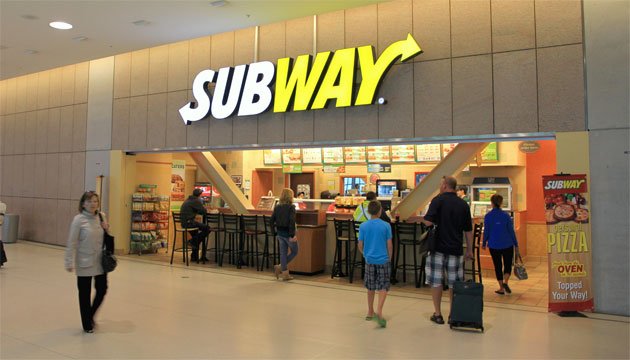
Photo Credit: ValeStock / Shutterstock.com
First, let me say that as a general rule, I really like franchising a lot as a business model, especially for new entrepreneurs. The way it is supposed to work is that an entrepreneur creates a successful business, irons out the kinks, is able to turn it into a franchise system that most anyone could follow. They then sell the system and brand to franchisees, and then supports those franchisees with ongoing training, advertising, and other services. For a new entrepreneur, most of the mistakes have hopefully already been made and therefore they are buying a business that is good to go.
…not all franchisers are created equal…
But remember this, too: rules are made to be broken, and not all franchisers are created equal. Some are scrupulous, and others are not. Some give lots of training and support and are easy to work with, and others don’t. Some do not have problems with their network of franchisees and others have far too many.
So before you get too excited and start thinking with your wallet instead of your head, find out the answers to these sorts of issues long before you sign any documents:
What are the real costs associated with the franchise? There are several fees that come with a franchise and you have to understand them all to get the whole picture:
- The franchise fee: This is the charge to buy the system and use the logo, etc. Usually not astronomical, it can run between, say, $5,000 and $50,000.
- The build-out: This cost may surprise you. If you buy a retail franchise, the franchiser will want you to build the store, according to their specifications of course. This may mean hiring an architect, leasing or buying a building, remodeling and so on. It easily could be hundreds of thousands of dollars, or not.
- Other costs: What about equipment leases, monthly advertising fees, or ongoing royalty payments?
What about exclusivity? In all likelihood, you do not want competing businesses of the same franchise in your neck of the woods. Find out how big your exclusive territory is, what sort of commitment you get, and for how long. And, if you do get exclusivity, do you also get an option for new franchises in the area? Multiple units can be sweet.
What’s the deal with suppliers? If the franchiser mandates that you buy supplies directly from the franchiser, or from a franchiser-authorized dealer, they better have a pretty nice deal in place for you, too. If not, not only will your choices be limited, but you will be unable to shop for a better price.
How much money can you reasonably expect to make? Maybe not surprisingly, few franchisors offer this sort of information, and the reason makes sense. If you don’t make as much, you just might sue. So mum’s often the word on their end.
Because of that, and for other reasons as well, it is vital that you meet with as many current franchisees as possible as part of your research. How much do they make? What is the franchiser really like to work with? Are franchisees generally happy or unhappy with their choice? You can learn these sorts of things best from current franchisees.
How many leave within two years? Either from failure or selling out, a high percentage of dropouts is a bad sign indeed. By the same token, find out what one of these franchises goes for on the open market, and maybe even more importantly, whether you even have the right to sell it on the open market.
Franchising can be great, but you have to get answers to questions like these before plunking down your hard-earned money and signing any contracts.








